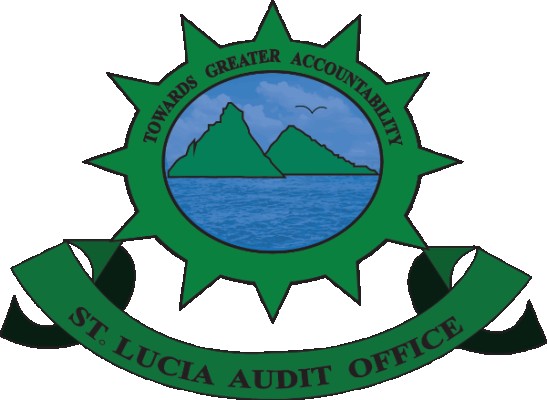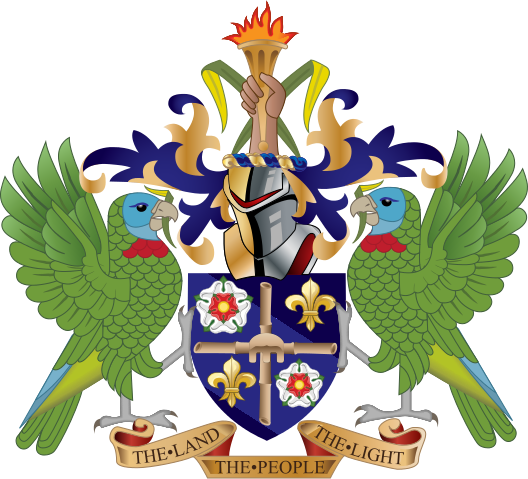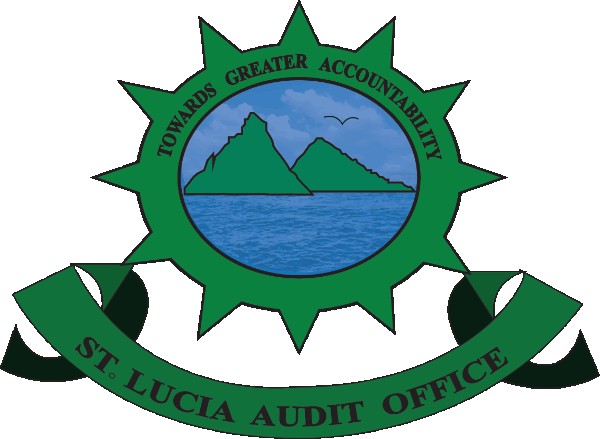The office of the Director of Audit is a constitutional office that reports to the House of Parliament through the Minister of Finance, but is not a part of the government itself. This independence from the government of the day is vital if the Audit Office is to perform its work effectively and make unbiased judgments. The Director of Audit must be free of obligations to any individual or institution and be free from fear of arbitrary dismissal or retaliation. Annually the office reports through the Minister of Finance, to Parliament, which uses the information provided by the Director of Audit to call the government to account for its handling of public funds through the Public Accounts Committee. The Director of Audit, then, is a servant of Parliament, and not the government of the day. (See Organization Chart of the Government of St. Lucia).
Parliament, through legislation, the Audit Act and the constitution ensures the independence of the Director of Audit and confirms his/her position of being answerable and subservient only to Parliament e.g. the salary of the Director of Audit is a statutory charge on the consolidated fund.








